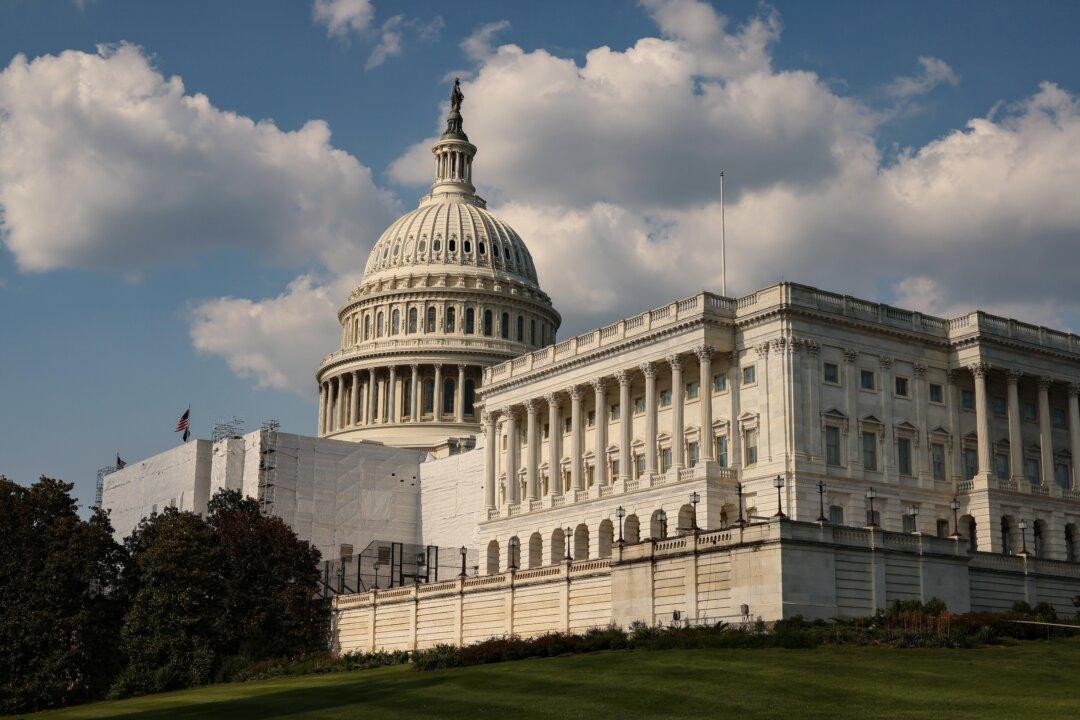Commentary
There are hundreds of headlines all over the news warning of the negative effects of a government shutdown. The negative effect on gross domestic product, according to Bloomberg, is estimated at 0.5 percent of the quarterly annualized rate if the shutdown lasts for two weeks. Clearly, that’s an annualized rate, not the overall hit. The most recent government shutdown lasted from Dec. 22, 2018, to Jan. 20, 2019, and the U.S. economy still grew at a 2.2 percent rate.





